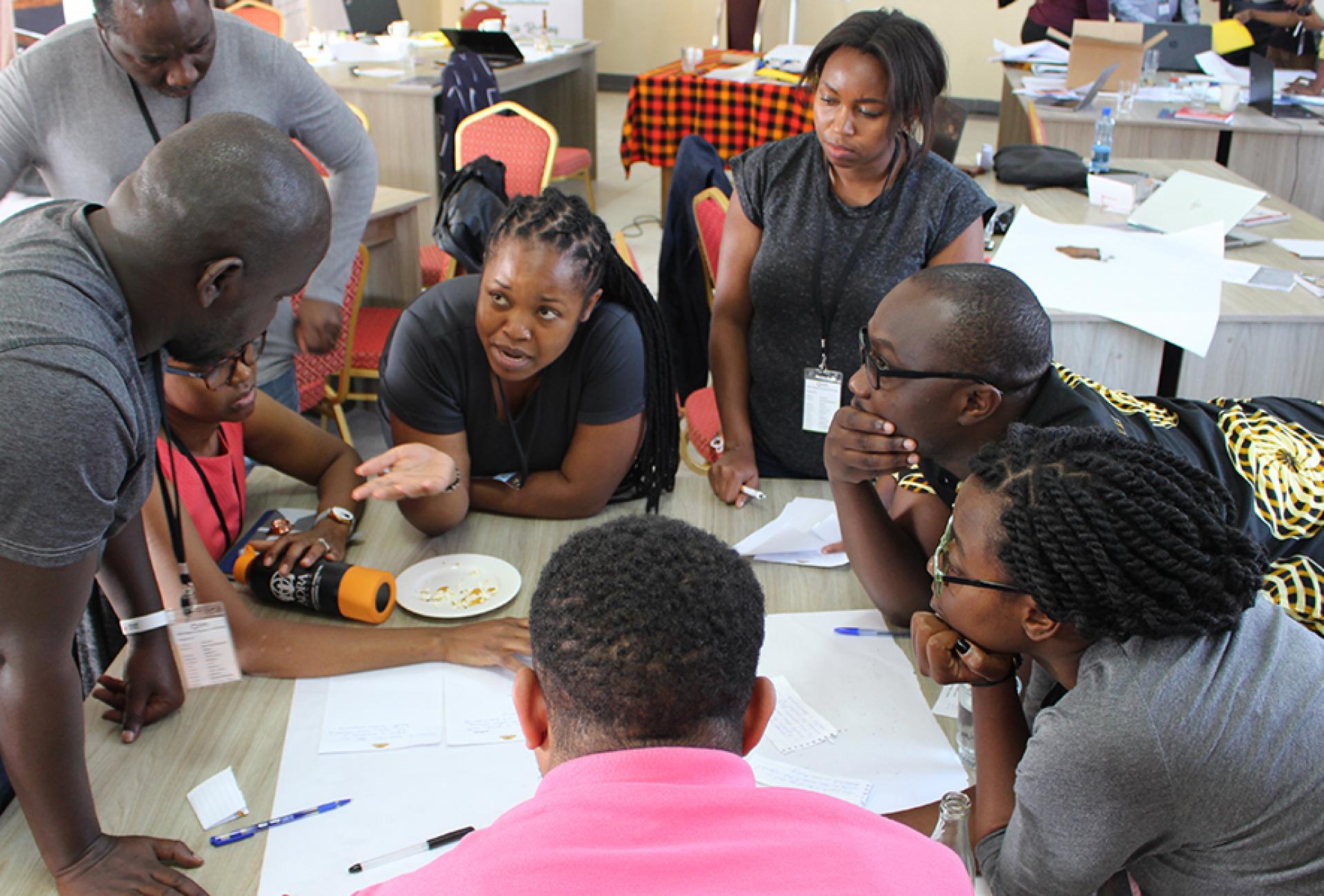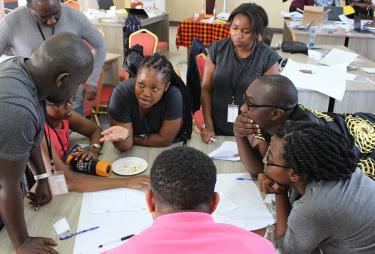Money, colonialism and trusting partnerships



Our advisor Annika Schabbauer recently participated in a seminar on decolonisation of aid. Here she explains how it is related to this year’s administrator days on the theme “Trusting Partnerships” which we invite our member organizations to 23-25 November.
Power, money, colonialism and modern partnerships engage. This was evident when I and 400 others recently took part in the webinar ‘Redefining power and partnership in order to de-colonise aid’. The initiative came from Act Church of Sweden, Diakonia and IM and feeds into a highly topical discussion about power structures in aid.
Partnership in the wake of colonialism
We must remember that most of today’s aid actors have been formed in modern times and therefore do not have their own experiences of colonialism. Churches and missionary organisations, on the other hand, have several, sometimes problematic, links to colonialism. You can read more about this in two newly published books: Swedish Mission and A Dizzying Task(En svindlande uppgift).
However, despite the abolition of the last colonies fifty years ago, we still need to actively repair the damage caused by colonialism. This is particularly true in aid, where we as donors in our quest for justice and equality are still in danger of doing harm.
Complicated North-South Partnerships
Cooperation with international donors is often perceived as complicated and demanding by local actors in the so-called global south. During the webinar, Sakhile Sifelani of the Women in Politics Support Unit in Zimbabwe (WIPSU) pointed out that the capabilities and expertise of the global south often have to stand back for the procedures and regulations that come from the global north. The transfer of power and resources from north to south is part of the idea of decolonium.
Trusting partnerships contribute to decolonisation
Decolonisation becomes possible when we work together to increase capacity, power and even decision-making power in those countries that are still recovering from the consequences of colonialism. For us at SMC Faith in Development, it is about strengthening civil society by promoting the partnerships that exist between our member organisations and their local partners in over 50 countries.
But are our partnerships mutual? According to Sakhile Sifelani of WIPSU, they can be compared to a marriage. Has it been entered into between two equal people or is it more like forced marriage? Do we meet on a curious and happy date or are we not really interested in each other? During our administrator days of November 23-25, we will explore what we mean by partnership and what we need to do to help decolonize aid.
- Register for our agents’ days 23-25 November no later than 10 November.
- Read the article “Aid does not reach civil society organisations” in The Outside World
Three quotes I keep reflecting on
“How can we promote partnership between people rather than transactional relationships between governments?” Erik Lysén, Act Church of Sweden
“How can we invest more in global justice than the monitoring and evaluation of international aid?” Sakhile Sifelani, WIPSU
“It is not about writing ourselves out of the picture, but rather writing ourselves into the picture of being a northern partner.” Deborah Doane, the RINGO project.
